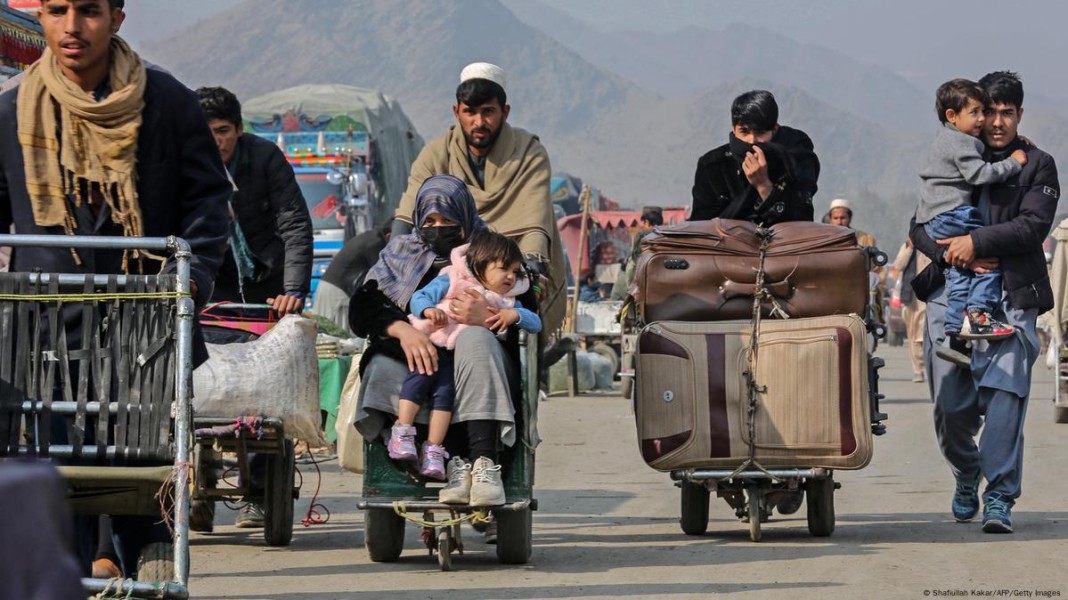That’s a heavy situation — deeply complex and layered. The mass expulsion of Afghan families from Pakistan, especially with such large numbers — 852 families in just one day — highlights the humanitarian and geopolitical challenges in the region.
What really strikes me is the scale of the movement: three million Afghans are reportedly set to be deported this year. That’s not just a migration issue, it’s a national transformation, especially for a country like Afghanistan that’s still trying to stabilize after decades of conflict.
The Afghan commission’s efforts — providing shelters, food, water, and transportation — show a strong will to manage the returnees humanely. But one can’t help but wonder how sustainable this is, especially when resources in Afghanistan are already stretched thin.
Also, the fact that the Afghan interim government is encouraging return, despite the difficult circumstances at home, says a lot about the pressure they’re under to rebuild — socially, economically, and politically. But the voluntary return of refugees is very different from forced deportation.
It brings up tough questions, like:
- Will Afghanistan be able to provide opportunities for these returnees, especially for those who’ve lived in Pakistan or Iran for decades?
- What happens to the children who were born abroad and may not even know their “home” beyond stories?
- And how will this affect regional stability?
What are your thoughts? Do you see this more from a humanitarian angle, or do you think the political motivations behind these deportations carry more weight?

